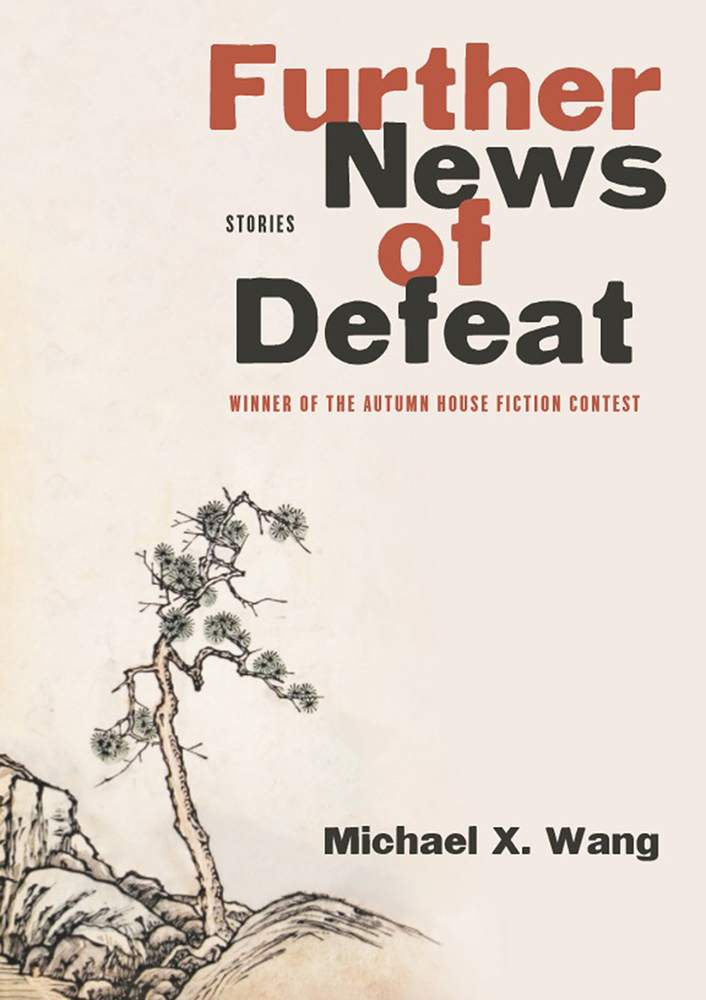Write A Story Featuring An Escalating Catalogue Of Disasters
As I woke up, I reached for my alarm clock and heard rather than felt my hand knock the full glass of water all over my bedside table – home to my iPhone, table and priceless childhood copy of A. A. Milne’s Now We Are Six. So it’s fair to say that I wasn’t in the best mood when my 8 year old declared that no, he simply wasn’t getting up or getting dressed or going to school. After that screaming match my head was pounding so I reached for some ibuprofen, only to scoop down my husband’s blood pressure medicine instead – damned blue-topped bottles! I figured I had time to drop the kids off at school before rushing myself to the ER, but of course, I had forgotten about the half inch of ice on my windscreen….
Ever had one of those days? How about your character?
The essence of story is conflict. Conflict doesn’t have to involve a bad guy. Sometimes the antagonist is simply your character’s bad mood, or the universe, or her lack of preparation.

The Prompt
Write a story that features a character going through a catalogue of disasters
Tips
- You can start this story at the beginning or the end. They can wake up and start the day off badly, ending up at the wrong end of a loaded gun; or you can start with them strapped into the electric chair, thinking ‘now, how did I get here?’
- Likewise, the action can all by mental: you start by offending your cat and end by quitting your job in a blaze of glory, burning bridges as you go.
- This story can be humorous or tragic, but make sure your readers are feeling what your character is feeling.
- Keep piling on the disasters. Leave us breathless.
- Give the reader occasional breaks by pausing for moments of backstory, if you like. See how that feels to you, as a writer. Does it cause the story to slow? Could you, instead, include backstory in conversations or pithy one-line asides.
- Make this more immediate by writing in first person.
- Or write this in close-third person (no-one else’s thoughts get used, but you’re still writing about your main character as ‘he’ or ‘she’). Remember not to use phrases like “she thought”, “she wondered”, “he looked”. Just tell us a thought. We’re smart enough to figure out that it’s your main character’s thoughts we’re hearing. (e.g. “Well, that wasn’t right” instead of “well, that wasn’t right, she thought”. Much more punch!)
- Use this exercise to practice putting action into your stories. It doesn’t have to be ‘running from the law’ action. It can be all psychological (think: Jane Austen), but make sure you can have things happening in your writing at any time.
Go!
Photo: Barry Skeates






![[Write On Wednesday] The Catalogue Of Disasters](https://storyaday.org/wp-content/uploads/2014/03/Screen-Shot-2014-02-10-at-12.51.10-PM.png)
